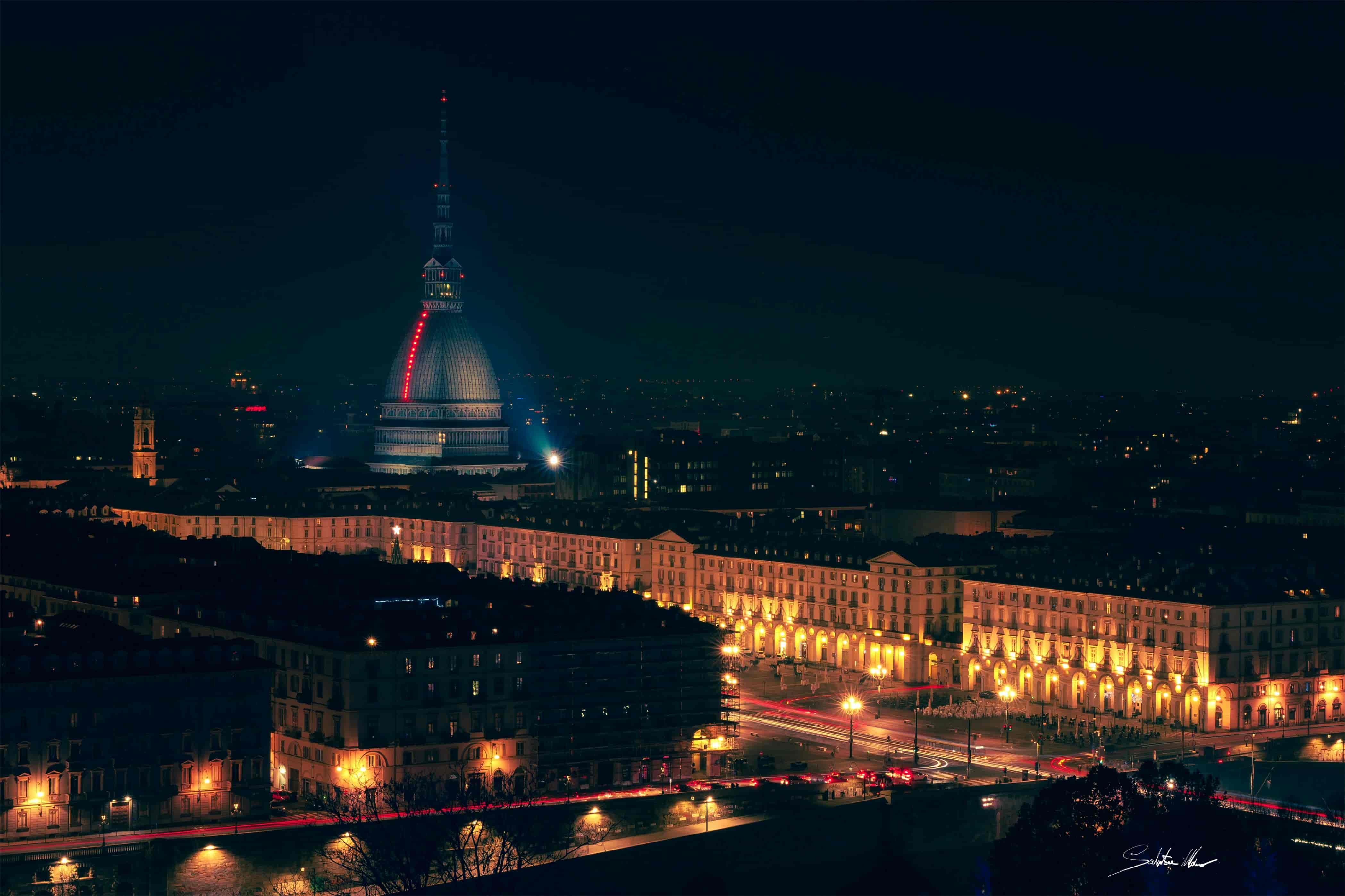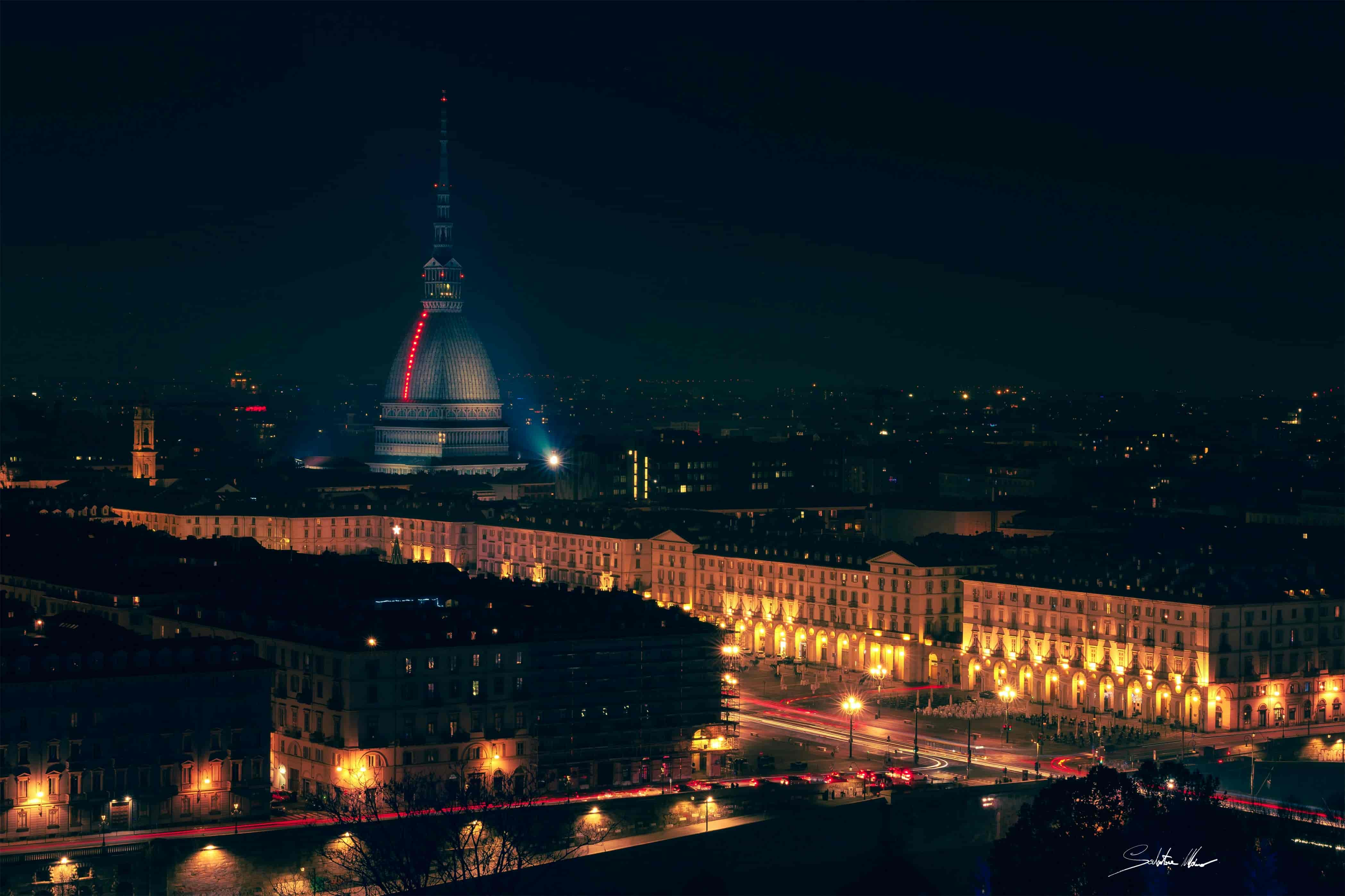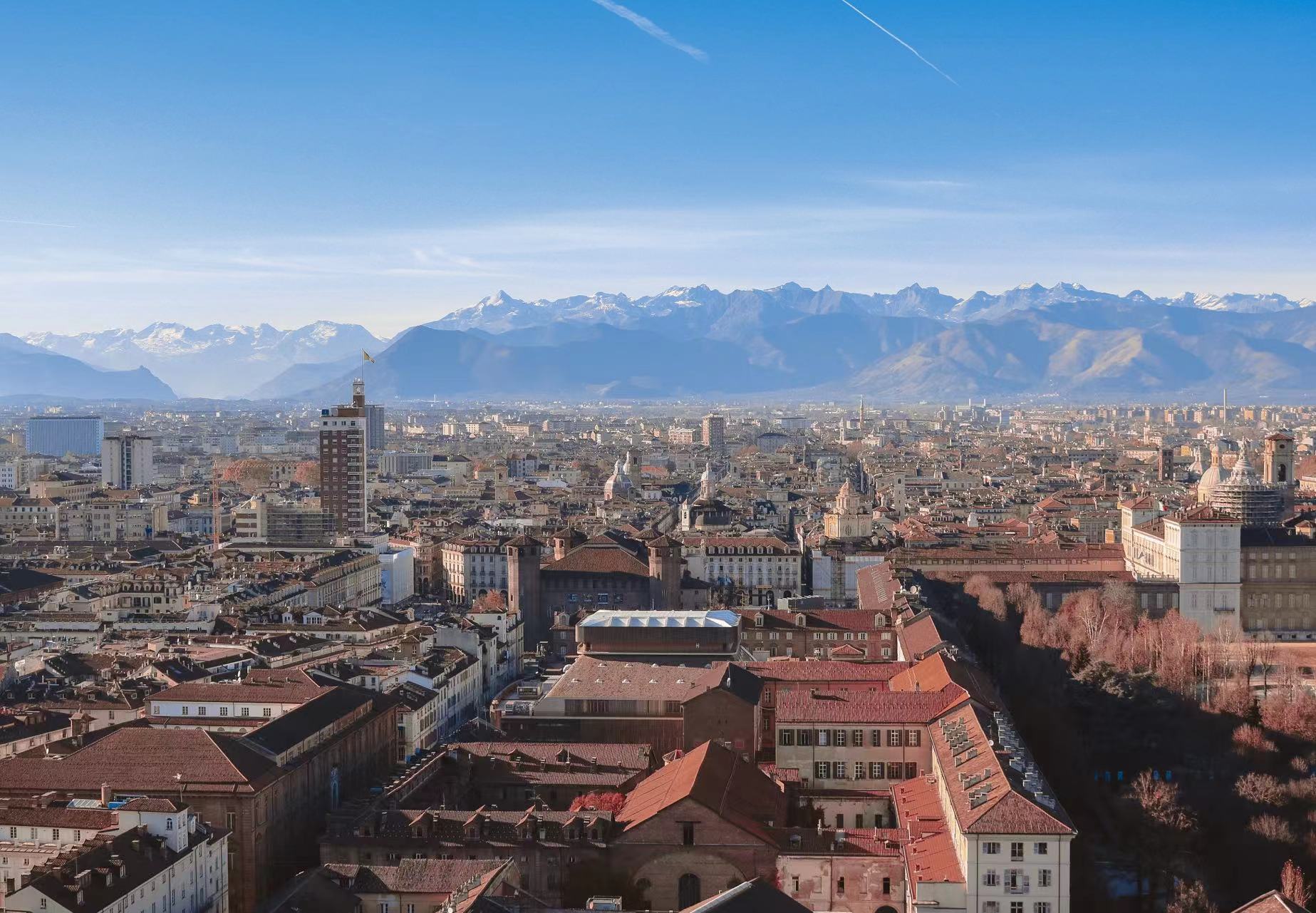
1. Introduction
Turin is the third largest city in Italy, with a metropolitan area of 1,977 square kilometres and a population of around 2.2 million. It is an important European hub for business and trade and, together with Milan and Genoa, forms the "industrial triangle", making it the third largest economic engine in Italy. Turin is also well integrated with the neighbouring port of Liguria, with easy access by land and sea, creating an efficient and well-connected network with the rest of Italy and Europe.

Photo by ancadorneanu
2. Overview of innovation development
(1) Italy and Turin Innovation Development Strategy
The strength of its industrial base has given Turin a ground for technological innovation. Turin is the cradle of Italian automotive manufacturing, known as the "Detroit of Italy" and one of the world's four largest automotive cities, with several automotive headquarters, including the Fiat Group, located in the city. Turin is also home to Juventus football club and hosted the 2006 Winter Olympic Games. In addition, in the fields of aerospace and chemical research, Turin is moving towards a sustainable urban development centred on the adoption of innovative technologies. In 2016, Turin came second in the European Innovation Capital Awards organised by the European Commission, behind Oxford and Amsterdam. It is also known as the 'European Innovation Experimental City'.

Photo by antonio filigno
(2) Innovative Development Subjects
A. Institutions of higher education: Turin has four universities with over 120,000 students currently enrolled, the most famous of which is the Politecnico di Torino. The university was founded in 1859 and is well known in the fields of architecture, industrial design and engineering. In the 2020 QS World University Rankings for Engineering, Politecnico di Torino is ranked 13th in Europe. As well as having one of Europe's leading vehicle, mechanical and civil engineering departments, the university also has design and manufacturing facilities for car companies such as Lamborghini, Ferrari and Maserati, as well as the General Motors Diesel Engine Research and Development Centre. With its strong R&D capabilities and industrial cooperation experience, the university complements its global universities, professional training institutions, private college centres and postgraduate education institutions to form a complete system of educational services.
B. Innovation centres and technology parks: Turin also has 7 innovation centres, 3 technological industrial parks and a large number of innovative companies and institutions, which allow the full integration of innovative technologies into the city's social innovation services and the gradual development towards a digital society with a knowledge economy.

Photo by salvatore marino
https://www.pexels.com/zh-cn/search/%E9%83%BD%E7%81%B5/
(3) Important innovation cooperation platforms
A. Turin CityLab: In order to become a leading European city for innovation, Turin has committed itself to the project "Turin CityLab", which will turn the city into an open-air laboratory. The main objective of the laboratory is to promote, develop and experiment with new innovative solutions in real life, turning the city of Turin into a permanent living laboratory that will attract the most renowned names in the industry. Specifically, Turin plans to design a regional platform to create a 130 square kilometre space that will provide technology start-ups with the tools, data and government services they need to develop new technologies and facilitate effective communication between the private and public sectors. The government strives to make the city a hub for innovation and smart city applications, where all innovative companies, can showcase their new products and build a platform for innovation and entrepreneurship, thus creating an open innovation ecosystem.
B. Turin Urban Design Festival: Turin has been awarded the title of "Design Capital" by UNESCO. Every October, design is promoted in the form of exhibitions and thematic events, which not only allow the local population to begin to understand their own design culture, but also give the professional community a clearer understanding of the current state of design development, which has culminated in the formation of the Turin creative design brand. The Turin Urban Design Festival serves as a platform for activities that promote urban development through design, use design as a tool for economic development and join the World Urban Design Network in an effort to share best practices and strategies on the field of innovative design.

